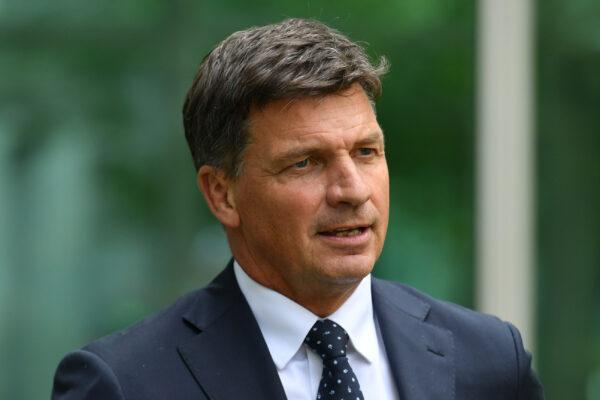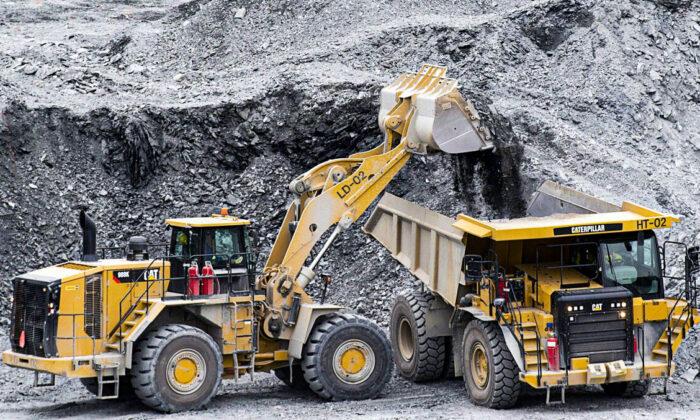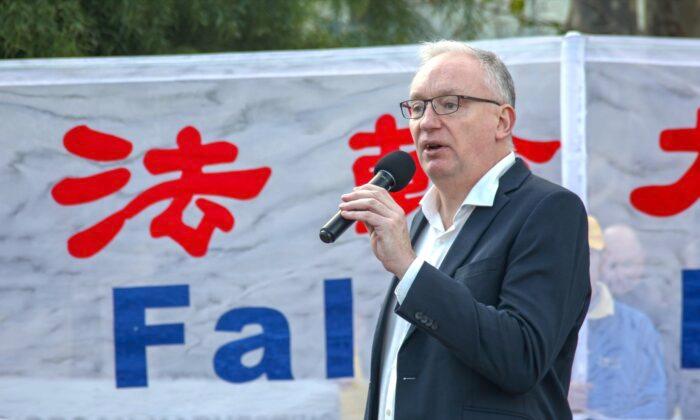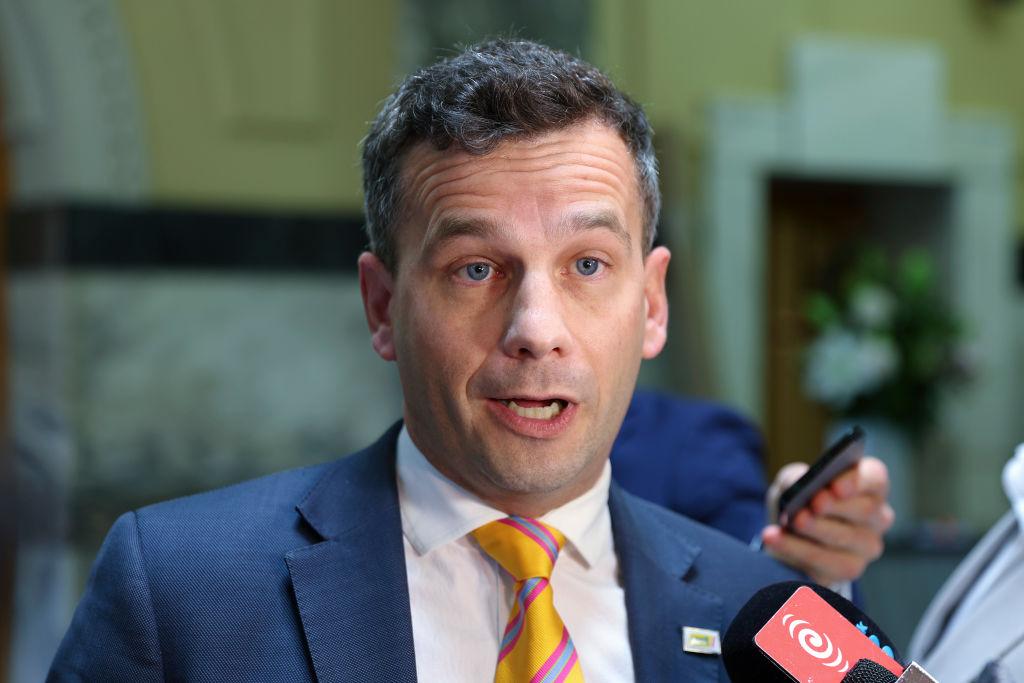Prime Minister Scott Morrison said the projects, that are expected to create over 3,400 jobs, were key to securing domestic manufacturing in Australia.
“These projects are about manufacturing the products and materials Australians need and the world needs, by making them right here at home,” he said.
“We’re helping grow the local critical minerals processing and clean energy industries and locking in the future of those industries by backing manufacturing projects in Australia.”
Energy Minister Angus Taylor said the projects will help Australia become more energy self sufficient and less reliant on the global supply chain.
“Australia is lucky to have some of the largest reserves of the critical minerals and metals which drive the modern global economy,” he said. “But China currently dominates around 70 to 80 percent of global critical minerals production and continues to consolidate its hold over these supply chains.”
Taylor added that the initiative was designed to address Chinese dominance.

Critical minerals are required to make devices people use everyday like smartphones, computers, and rechargeable batteries. Renewables also require the minerals.
Australian has some of the highest volumes of critical minerals in the world, depending on type, that remain largely untapped due to the lack of domestic capacity to refine the materials.
Over two-thirds of the funding will go to two projects located in Western Australia, the country’s key mining state. The other two projects are located in central Australia and on the east coast in Queensland.
It comes after Tesla signed a five-year deal that secured a significant stock of lithium from Australia as global lithium prices continue to rise sharply.
Liontown Resources will supply Tesla with 100,000 tonnes of lithium concentrate in the first year and 150,000 tonnes every year after.
The resource is in high demand as lithium-based batteries are being used across industries seeking to reduce carbon dioxide emissions—including in big electric storage systems positioned in the electrical grid to support solar and wind energy.
Chinese companies also predominantly control the majority of the world’s lithium production, including the world’s biggest operating mine: the Greenbushes Lithium Project in Western Australia.






Friends Read Free